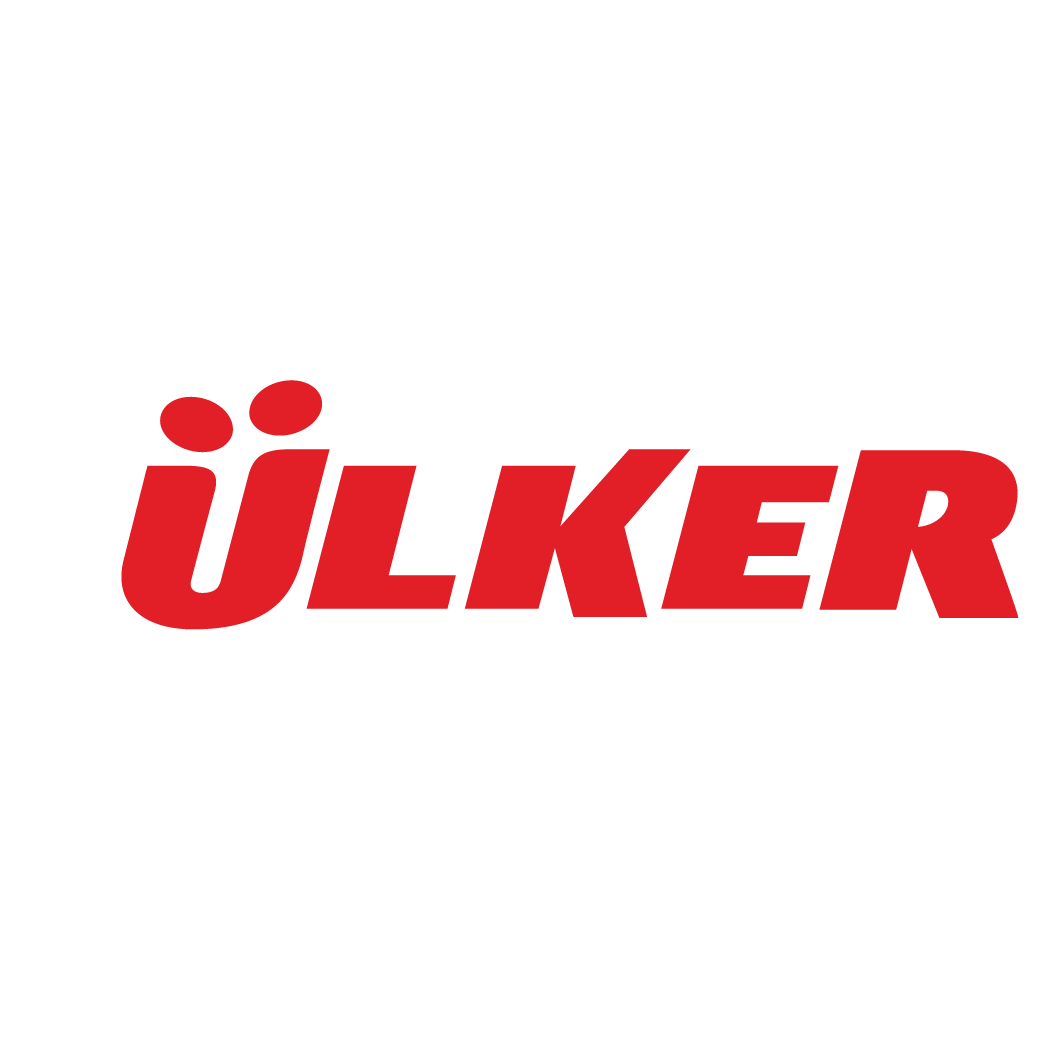WWF-Türkiye&Ülker join hands for hazelnuts
WWF-Türkiye and Ülker have taken first step to secure the future of Giresun hazelnuts. One of Ülker’s many sustainability projects, the dynamic duo is expected to re-asses hazelnut production in Türkiye in a socio-economic and ecological context. They also plan to set up a hazelnut agriculture inventory.
Türkiye produces 70% of the world’s hazelnuts. Ülker has taken first step in [the Province of] Giresun with various social, economic, and ecological projects to secure hazelnuts’ future.
Teaming up WWF-Türkiye, Ülker also plans to prepare a hazelnut farming inventory as part of its sustainability efforts. The inventory will help analyze hazelnut farming in socio-economic and ecological terms. Solutions will be found for possible issues. Ülker is expected to host the “Workshop on Sustainable Hazelnut Agriculture” in the coming days. They’ll invite hazelnut experts – farmers, manufacturers, scientists, etc.— to analyze the status as well as future hazelnut faming in Türkiye and its future, and then to come with a long-term roadmap.
The best hazelnuts grow in Giresun
Home to 18% of the nation’s hazelnut farms, Giresun produces 12.4% of Türkiye’s hazelnuts (about 1,177,000 decares). Those nuts are some of the best in the world. However, in recent years, hazelnut farming’s role in the region’s social and economic fabric has declined namely because hazelnut farming has – for most – become a secondary (as opposed to than primary) source of income, and because no one is investing any money in rejuvenating aging trees.
Giresun is situated in the Caucasus Ecological Zone – an area known for its biodiversity, old forests, wildlife, and lush vegetation. At the same time, the region is like a living laboratory for scientists to study hazelnuts in their natural social, economic, and ecological context so that they can come up with ways to secure its future. Environmental factors underlie a large number of the socio-economic problems that hazelnut farmers face. Hence, there is a need for sustainability.
Agriculture’s future is important
Ülker’s Sustainability Committee Coordinator Begüm Mutuş stated that Ülker is one of Türkiye’s biggest food raw material buyers. “Therefore, it is very important that our children be able to inherit agriculture. We’re conserving farmland together with farmers. We’re supporting local development projects across Türkiye. We carry out exhaustive research on wheat, hazelnuts, cacao beans, as well as other raw materials we use in our products.”
“We use a lot of hazelnuts – so much so that we buy 10,000 tons of hazelnuts per year. This makes us Türkiye’s largest hazelnut buyer. We’re keenly aware of just how important they are not only to us but also to the whole nation. That’s why we’ve we joined hands with WWF-Türkiye so that we can secure hazelnut farming’s future. One of our top priorities will be to evaluate hazelnut farming in a socio-economic and ecological context and then come up with solutions.”
Mutuş pointed out that Ülker’s future research isn’t just limited to hazelnuts, noting that they are also researching wheat and cacao beans as well. 80% of the wheat they use is Turkish, she says, adding: “Since 2007, we’ve been closely with the Konya Bahri Dağdaş International Agricultural Research Institute to address our need for a kind of wheat suitable for making biscuits and cookies.
We’ve now entered the test production phase of things. We want to increase open up space across the country for more wheat cultivation, hence contributing to the Turkish agriculture and the Turkish economy. We also plan to support PACTS (the Producer Association for Cacao Monitoring & Sustainability Program) when importing cacao. Our goal is to create a production chain that is environmentally conscious and professional, and to boost productivity.”
Every aspect of hazelnut farming will be under the lens
WWF-Türkiye’s Nature Conservation Director Sedat Kalem expressed that humans have consumed one and a half Earth’s worth of natural resources in just 40 years. “The larger man’s ecological footprint gets, the weaker nature mother nature’s biological gets – in other words, fewer resources. The impact of that has shown itself through deforestation, desertification, drought, pollution, natural disasters, food shortages, and species extinction, not to mention inefficiency. Research shows us that there is a strong relationship between socio-economics and ecology, and that long-term socio-economic prosperity is only possible when there is a healthy, natural system in place.
If we want to get out of that vicious cycle, then we need to redefine development, find ways to live more harmoniously with nature, use resources efficiently, and act in unison. Ülker is a leader in Türkiye’s private sector. We thus want to collaborate with them, we make hazelnut farming sustainable both on economic, social, and natural terms. The output of our efforts will be a report that reveals the current state of hazelnut farming in terms of sustainability, and that puts forth ways to fix it.”
-
Ülker’s Surprise for the National Team "Sing for the Homeland"
Ülker, the official sponsor of the National Football Team, extends its support once again, this time involving all of Türkiye....
CLICK FOR MORE -
Ülker Bisküvi Announces $550 Million Eurobond Issuance
Turkey's leading food company, Ülker Bisküvi, has succesfully issued a 7-year eurobond with a nominal value of $550 million ...
CLICK FOR MORE -
Ülker brings everyone who ‘loves the homeland in their hearts’ together to share the joy of Euro 2024
The countdown continues for football fans eagerly awaiting the European Football Championship, and Ülker, the official sponsor of the Turkish National Football Team, has released a commercial full of emotion. With the slogan, “our homeland is in our hearts", Ülker’s commercial calls out to everyone everywhere who carries love for Türkiye in their hearts. ...
CLICK FOR MORE -
Ülker discloses its financials for 2024 Q1
Ülker Bisküvi, Türkiye’s leading food company, ended 2024 Q1 with a turnover of TRY 19.6 billion. Ülker’s operations in Türkiye and abroad continued to grow. ...
CLICK FOR MORE


